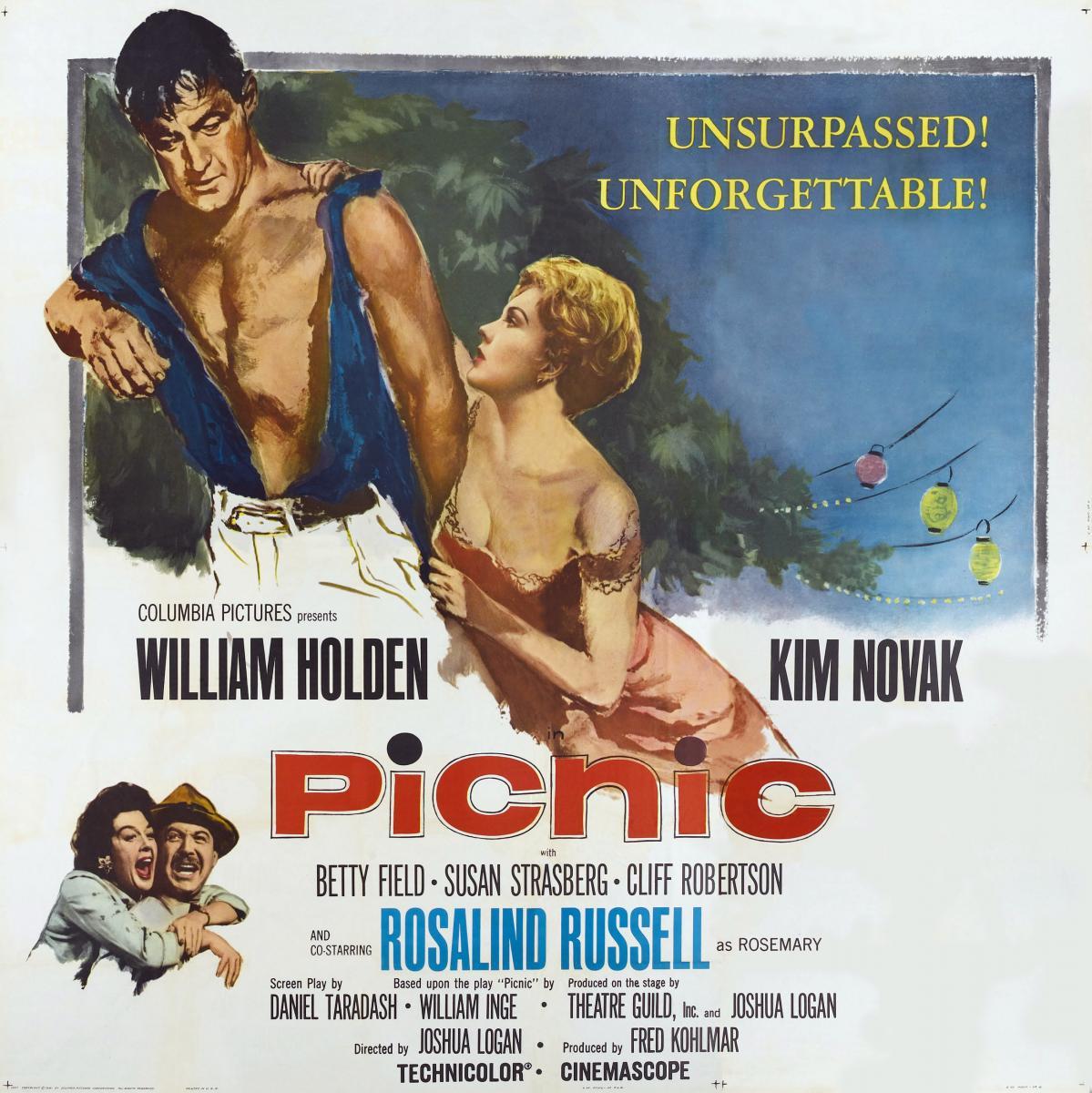Scout Tafoya on Martin Scorsese and “Late” Movies
Posted on November 24, 2019 at 8:00 am
My friend and fellow critic Scout Tafoya has written my favorite piece of movie criticism I’ve read in a long time. I have mixed feelings about Martin Scorsese’s new epic film, “The Irishman,” but the part I liked best is exactly what he describes here.
Fear of death and refusal of old age in movie-making are as old as the moving image itself. Movie stars date appallingly young, and directors sew bone-deep terror of mortality into their images. Film critic André Bazin famously defined the ontology of cinema according to its “mummy complex,” its embalming of time and space. And true to form, something uniquely bizarre occurs when film directors near the death at which they’ve been thumbing their nose by preserving slices of life for one and all to experience. The “late film” has become a class unto itself: what happens to your work if you know this will be one of the last times you point a camera at someone and yell, “Action!”?
It’s a pleasure to read, so wise about movies and about life.

